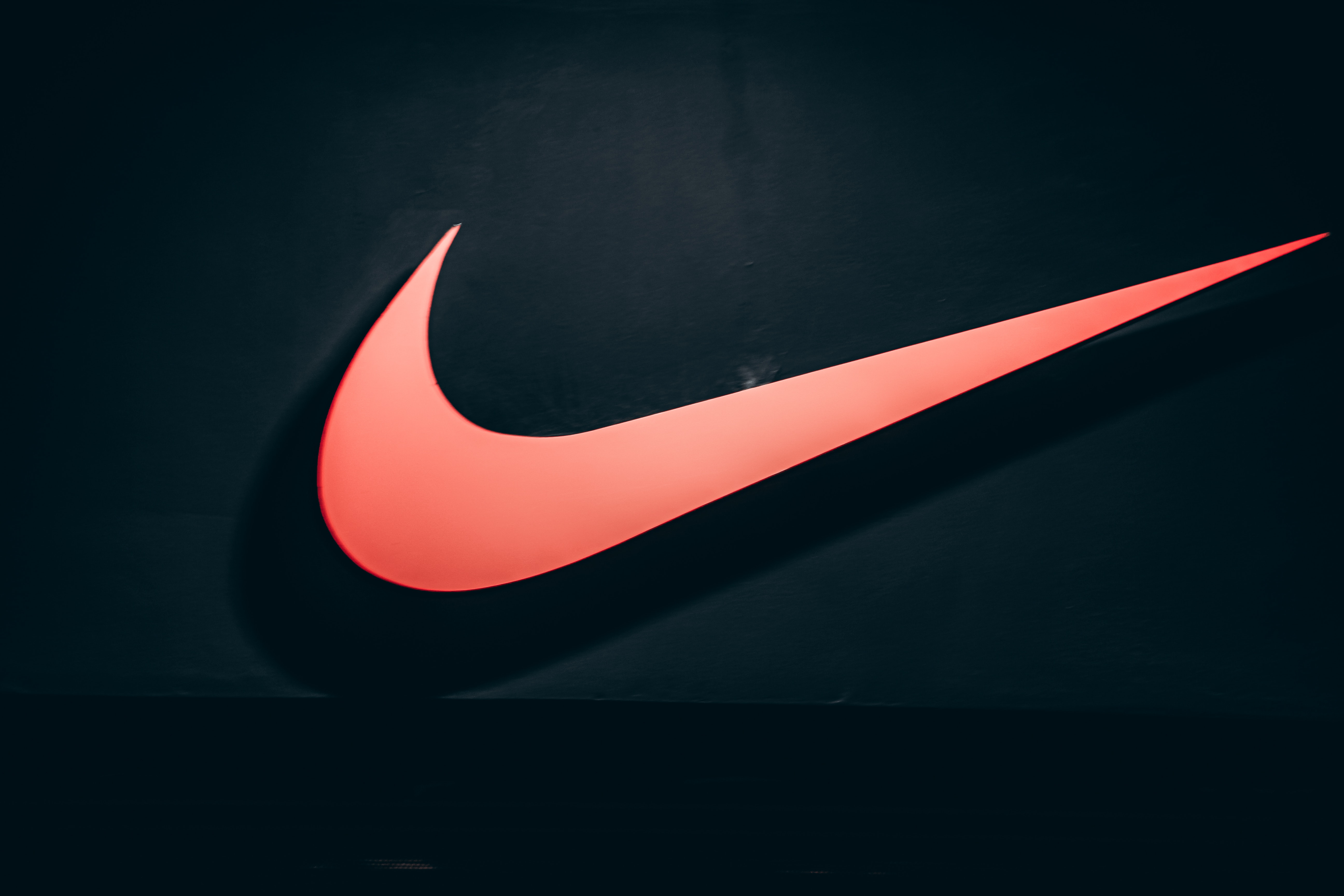Nike, Inc., the global sportswear giant, is not just a brand; it's a cultural phenomenon. Behind its iconic swoosh logo and memorable tagline, "Just Do It," lies a masterful marketing strategy that has propelled Nike to the forefront of the athletic apparel industry. In this article, we will dissect the intricacies of the Nike marketing strategy, analyzing its tactics and unveiling the types of marketing strategies that have made the brand synonymous with success.
Nike's Distinctive Marketing Strategy Tactics
Nike's marketing strategy is characterized by several distinctive tactics that have contributed to its unparalleled success:
Emphasis on Athletes: Nike has a long history of associating with top athletes and sports teams. Their endorsements include legendary figures like Michael Jordan, LeBron James, and Cristiano Ronaldo. This tactic helps create a strong connection between the brand and the world of sports.
Inspirational Messaging: The "Just Do It" slogan is one of the most recognizable in the world. It's an embodiment of Nike's philosophy, encouraging individuals to push their limits, overcome obstacles, and achieve greatness. This messaging resonates with consumers on a personal and emotional level.
Branded Technology: Nike has invested heavily in developing cutting-edge technologies for its products, such as Nike Air cushioning and Dri-FIT moisture-wicking fabric. This not only enhances product performance but also creates a sense of innovation and exclusivity.
Celebrity Collaborations: Nike collaborates with celebrities and designers to create limited-edition collections. These collaborations generate buzz, create demand, and attract a younger and trendier demographic.
Community Engagement: Nike fosters a sense of community among its customers. Initiatives like Nike Run Club and Nike Training Club offer free resources, training plans, and social platforms for athletes and fitness enthusiasts, strengthening customer loyalty.
Compelling Visuals: Nike's marketing materials often feature high-quality visuals that showcase athletes in action. These images not only inspire but also reinforce the brand's commitment to performance and athleticism.
Also Read
· The Apple Marketing Strategy
· Mastering Marketing Strategy: Tactics, Analysis, and Digital Dominance
Types of Marketing Strategies Employed by Nike
Nike employs a range of marketing strategies to achieve its objectives. Here are some key types of marketing strategies in action:
Brand Loyalty Strategy: Nike has successfully built a community of loyal customers who identify with the brand's values and message. The "Just Do It" ethos creates a strong emotional connection, fostering brand loyalty.
Influencer Marketing Strategy: By partnering with top athletes and celebrities, Nike leverages their influence and credibility to promote its products. These partnerships are essential in shaping the brand's image and appeal.
Content Marketing Strategy: Nike provides valuable content through platforms like Nike Training Club and Nike Run Club, offering training tips, workout plans, and inspirational stories. This content keeps users engaged and invested in the brand.
Product Innovation Strategy: Nike constantly invests in product innovation to maintain a competitive edge. This strategy appeals to athletes and consumers seeking high-performance gear.
Community Building Strategy: Nike fosters a sense of community through its various clubs and apps. This strategy encourages customer retention and word-of-mouth marketing.
Experiential Marketing Strategy: Nike often creates immersive experiences, such as pop-up stores and interactive events, to engage consumers and generate excitement around new product launches.
Nike Marketing Strategy in Action
To understand Nike's marketing strategy better, let's examine some of its iconic campaigns and initiatives:
"Dream Crazy" Campaign: Featuring Colin Kaepernick, this campaign sparked conversations about social justice and athlete activism. It showcased Nike's willingness to take a stand on important issues, resonating with its core audience.
Air Jordan Brand: The Air Jordan line of sneakers, created in collaboration with basketball legend Michael Jordan, is a prime example of how celebrity endorsements and limited releases can generate immense demand and excitement.
Nike Run Club: The Nike Run Club app offers training plans, guided runs, and a supportive community for runners. This initiative promotes a sense of belonging and encourages athletes to push their boundaries.
Nike By You (Formerly NikeID): This customization platform allows customers to personalize their Nike footwear, creating a sense of exclusivity and ownership.
Nike Training Camps: Nike hosts training camps and events worldwide, bringing athletes and fitness enthusiasts together. These events create memorable experiences and strengthen brand affinity.
Conclusion
Nike's marketing strategy is a testament to the power of branding, innovation, and community-building. By consistently delivering high-quality products, fostering emotional connections, and leveraging the influence of top athletes, Nike has become a global powerhouse in the athletic apparel industry. Its commitment to inspiring individuals to "Just Do It" resonates with consumers on a deep level. Nike's marketing strategy isn't just about selling products; it's about motivating people to pursue their passions and aspirations. As the brand continues to evolve and adapt to changing consumer trends, it remains an iconic example of marketing excellence. Nike's message is clear: greatness is achievable, and it starts with taking that first step.

